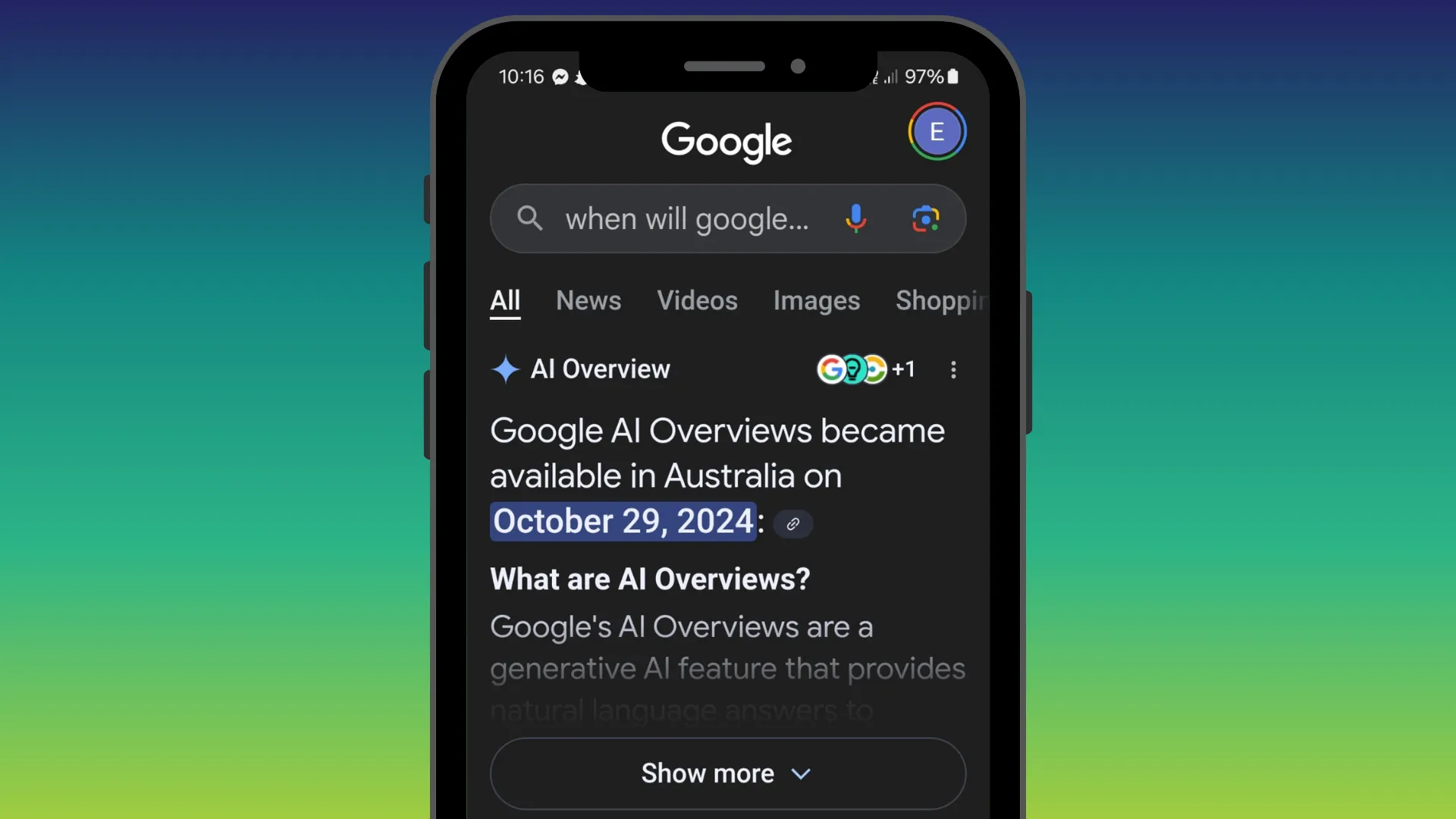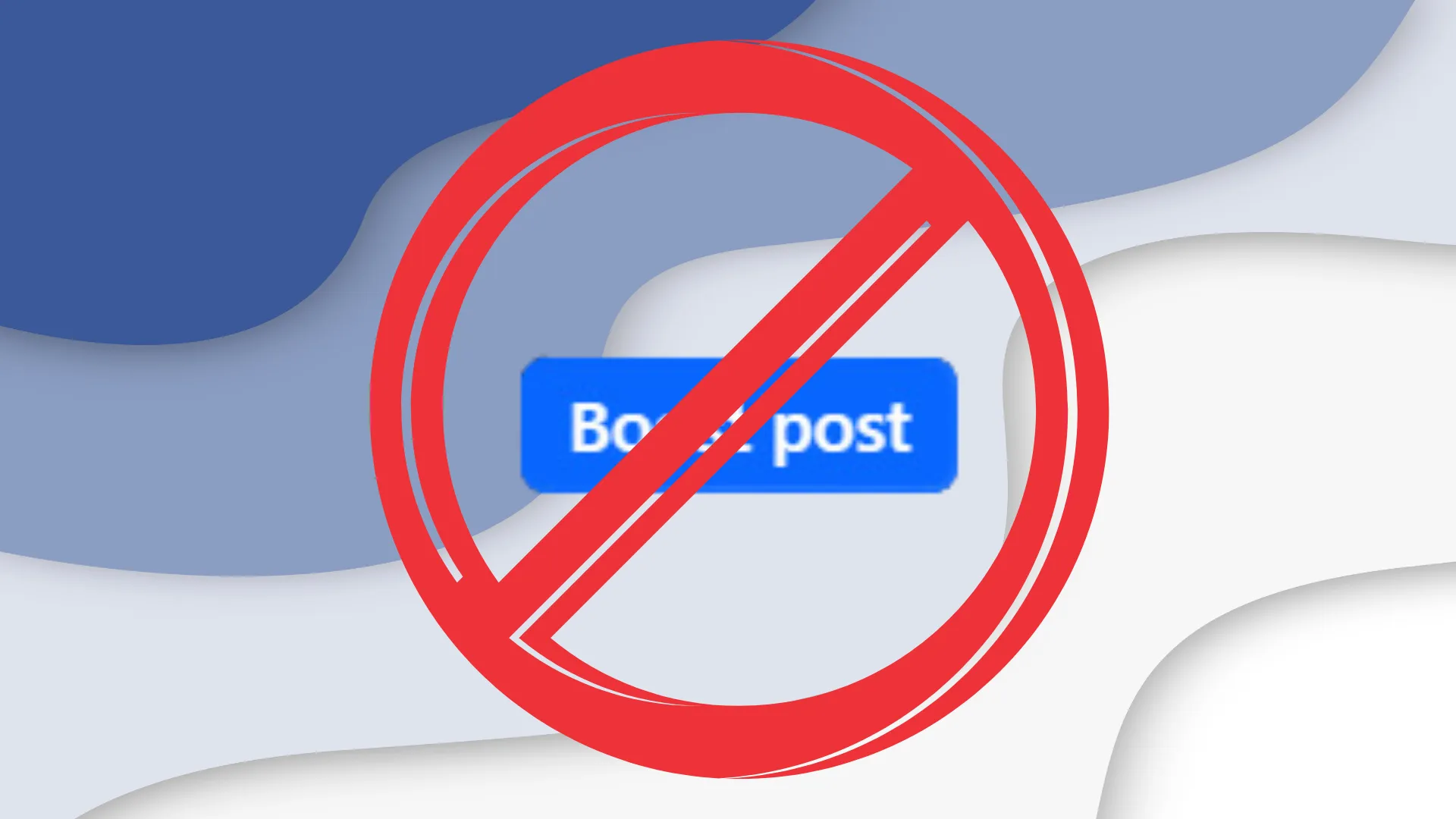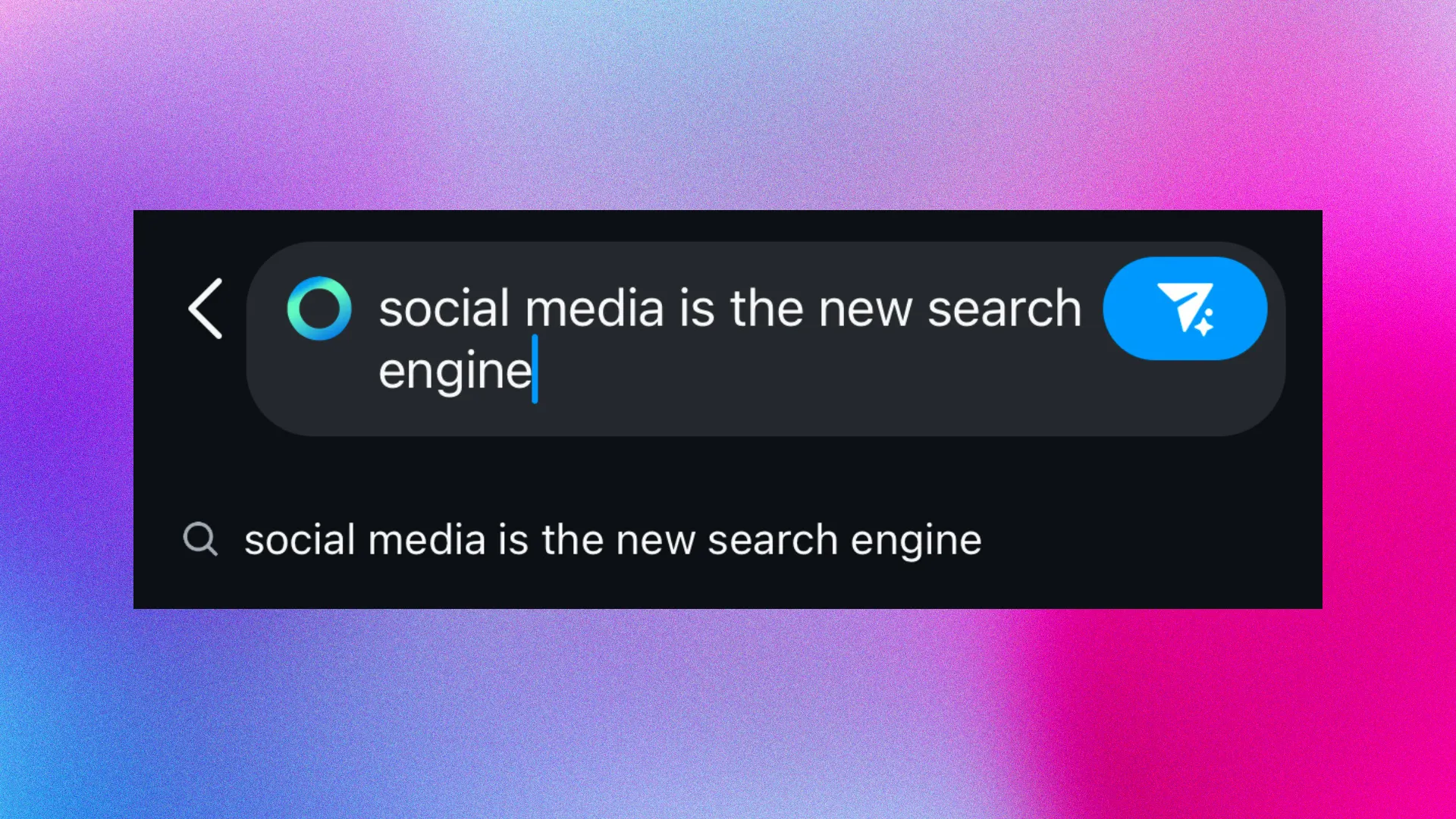Social media monopoly plays a significant role these days, impacting almost all industries
The Behemoth
Every industry, in Australia at least, has a monopoly or duopoly in it. Banking, insurance, grocery, hardware, you name it and I’ll bet that anyone in Australia can name the behemoth in each of those sectors.
By contrast, social media and ‘digital communication’ is a relatively new sector which has enjoyed a multitude of options, platforms and companies for consumers to choose from.
Lots of players have entered with their own take on social media, trying to capture an audience of their own to build their platform.
Critical Mass
However only a select few have achieved ‘critical mass’, having enough users on their platform to become universally well known.
Platforms that have achieved such critical mass are now household names. Icons like Facebook, Twitter, YouTube, Instagram, Snapchat and LinkedIn all bare some image in the mind of even the most computer illiterate person.
Critical mass brings with it a certain dominance, just like the largest sun in a galaxy might consume its nearest neighbours, so will the largest of the social mediums begin to gobble up even their amply-sized counterparts.
Building Trafalgar Square
What we’re about to see is consolidation of the social media world just as we did of the search engine space where Google became the dominant force, either flattening or acquiring its competition.
Facebook is becoming the monolith of social media just like Google is the monolith in the search engine world. It’s the same play book.
So, get ready to see some of the players you’ve known and grown to love, either begin to rapidly change or simply cease to exist entirely.
Purchasing a Hotel
Everyone has heard of Twitter. A lot of people use it, but generally when you talk to your average Joe about Twitter the response you’ll get is “I don’t really get it”.
Twitter IPO’ed to massive fanfare and excitement. Momentarily it was the darling of social media IPO’s. Years on, it still gets the response from most people, “I don’t really get it”.
Lately, we’ve seen Twitter twist and change. The acquisition and later disposal of live streaming platform Periscope, the introduction of the live streaming of sporting events and the rushed expansion of their advertising platform all reek of a last minute grab for users.
Do not pass Go
Another crowd favourite is Snapchat, bursting on the scene with time- limited, auto-deleting images known as Snaps. The platform screamed into popularity and gathered an investor base that rivaled Facebook’s.
So, what do you do if you’re number one and are concerned about the upcoming number two? Well you try and buy them, of course! Only problem was even though the amount offered would make anybody’s water, it was rejected.
Enter Plan B: if you can’t beat them, join them! The rejection of Facebook’s buyout offer marked the start of a series of rapid and very impactful enhancements of Facebook’s core products. Enhancements that identically matched Snapchat’s core functionality. See Instagram Stories and Messenger Day.
They’re all direct copies of Snapchat’s core functionality. Why bother to buy their user base when you can offer the same functionality to your own users? Most of which are already users of Snapchat anyway – at a fraction of the cost.
Pay the rent
Now we see Snapchat’s metrics and reported user numbers coming under considerable scrutiny. Having plans to IPO, Snapchat is starting to reveal its numbers to the public and have them audited. A lot isn’t adding up and many were substantially lower than originally purported.
If we look at Twitter as an example, a peak price shortly after a listing of $70 per share has plummeted over the past three years to $15 per share. Using history as an indicator of future performance, this does not suggest a positive outcome for Snapchat.
Walking Mayfair
I’m not a huge Facebook fanboy, but I do find it immensely amusing that, given their sheer size, Facebook can simply steamroll its competitors using speed, innovation and sometimes sheer plagiarism.
What will come? Who knows. What could be deduced though, is that it’s not going to remain the same for all that much longer. Big changes are in the wind, changes that will lower the number of platforms that people use regularly, at the same time opening doors for massively innovative platforms that truly rock the boat – they’ll have to.
Anyone for virtual reality social media?

Google’s new search feature, AI Overviews, has recently launched in Australia, transforming how we interact with search engines. With AI-generated summaries now appearing directly in search engine [...]

When you think about it, Pinterest is not really a social media platform but more of a search engine. While it does allow users to follow and [...]

One of our biggest takeaways from State of Social 2024 was the evolution of zero-click searches and the impact it will have on the way we do [...]

Have you noticed a drop in engagement on your brand’s Instagram posts? Likes not flowing as much as what they used to? The good news is you’re [...]

Last week, Facebook announced a major update: 'Views' will now replace impressions as the primary metric for posts and Stories. This change aligns with Instagram's recent metric [...]

It’s the second week of November, and Black Friday promotions are in full swing; emails, ads, organic posts. But, how many of these promotions are you actually paying [...]

Google’s new search feature, AI Overviews, has recently launched in Australia, transforming how we interact with search engines. With AI-generated summaries now appearing directly in search engine [...]

TikTok can be polarising. Those who use it, love it. Those who don’t often find it confusing or aren’t sure how it could fit into their social media [...]

We’ve been geeking out over our latest Audience Intelligence Reports which rolled out to our clients over the last two weeks. Separate from our monthly digital marketing [...]

When you think about it, Pinterest is not really a social media platform but more of a search engine. While it does allow users to follow and [...]

When a social media post starts gaining traction, you’ll often receive prompts from the platform encouraging you to reach a wider audience by boosting the post. A [...]

In our last article, we explored the rise of zero-click searches and its impact on how we find information online. This shift in user behaviour has also [...]

One of our biggest takeaways from State of Social 2024 was the evolution of zero-click searches and the impact it will have on the way we do [...]

Have you noticed a drop in engagement on your brand’s Instagram posts? Likes not flowing as much as what they used to? The good news is you’re [...]

